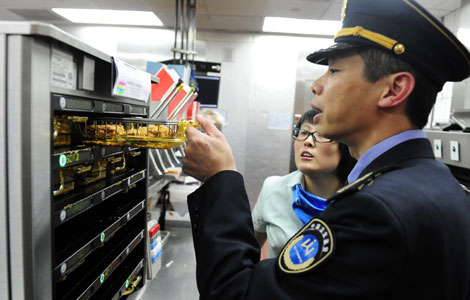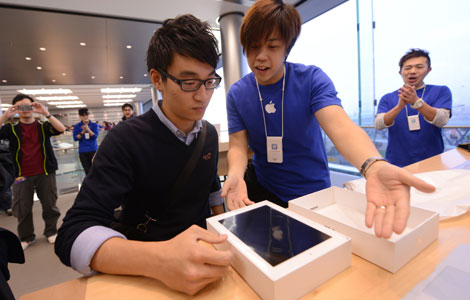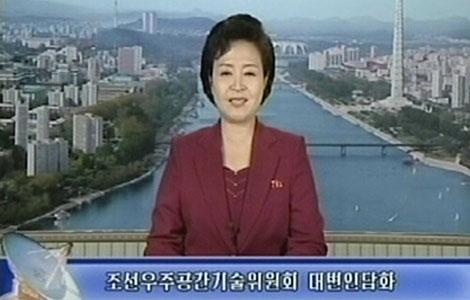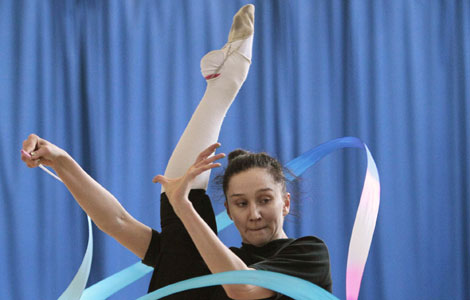 |
|
|
|
|||||||||
Private investors should have to meet higher standards before they can open plastic surgery businesses and that industry should be put under stricter supervision, said a deputy to the National People's Congress, the country's top legislative body.
"The market for plastic surgery has boomed in recent years and many wealthy people have deemed this a business opportunity," said Wang Chunlan, who is also chief physician of plastic surgery at First Affiliated Hospital of Anhui Medical University, in Hefei, capital of Anhui province.
"And so they invest in plastic surgery hospitals or institutions. So-called experts who don't have legal certificates are then hired to do surgeries, and that has led to many operation failures and even deaths."
Each year during the past 10 years has seen nearly 20,000 complaints about plastic surgery failures, according to the China Consumers' Association.
China has become the third-largest plastic surgery market in the world and more than 34,000 hospitals, clinics and beauty salons were performing plastic surgeries by the end of last year, media have reported.
Many of those institutions have not yet been registered at commercial administration bureaus or obtained the approval of health authorities, Wang said.
"Many private hospitals are driven to make profits and are always good at promoting themselves," she said. "And some people are easily persuaded by their exaggerated advertisements."
Wang said private institutions always charge more than public hospitals do. For example, a double-fold eyelid surgery usually costs 2,000 yuan ($317) at a public hospital whereas a private institution will charge between 5,000 yuan and 6,000 yuan, she said.
"Many people believe the more expensive it is, the more professional and better the service will be," she said.
To make money, some places have tried to persuade customers to undergo unnecessary operations, Wang said.
"The surgeons at private plastic-surgery institutions should be physicians certified in plastic surgery because they know the risks of plastic surgery well, and they will hire real professionals to perform the operations, rather than illegal clinics that employ dentists or ophthalmologists."
She called on health authorities to be more efficient in their supervision of plastic surgery institutions.
"The loopholes in the supervision of this industry have always existed," Wang said. "Health authorities should carry out continuous and random examinations of the qualifications of physicians and the use of medical products at plastic-surgery institutions. Authorities should also regularly release the names of qualified institutions to the public."
To ensure they can pass the examinations, some plastic-surgery institutions have even borrowed physicians' certificates from other hospitals, she added.
Wang Bei, a TV talent-show singer, died during a facial surgery that was performed in a private hospital in Wuhan, Hubei province, in November 2010.
Wang's death drew the attention of both authorities and the public to plastic surgery.
Ten days before Wang's death, the Ministry of Health held its first ever conference on plastic surgery.
At the meeting, Deputy Minister of Health Ma Xiaowei, said the quality of plastic-surgery institutions in the country was mixed and only some of them had met the required standards.
Ma acknowledged that authorities have not supervised the industry well enough in some places and he said the ministry would try to do more in that regard.
chenxin1@chinadaily.com.cn
Wu Ying, iPad, Jeremy Lin, Valentine's Day, Real Name, Whitney Houston, Syria,Iranian issue, Sanyan tourism, Giving birth in Hong Kong, Cadmium spill, housing policy

|

|

|

|

|

|